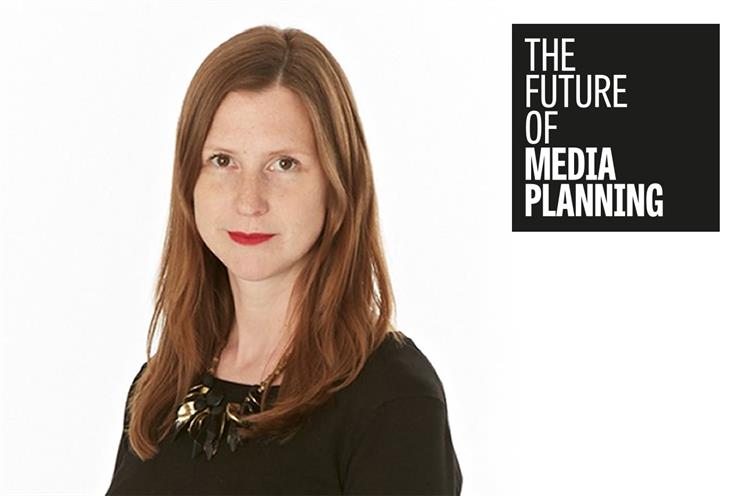It is the fate of every generation to one day pine for the old days. For me, it’s music and romanticising evenings spent recording songs off the radio and handcrafting mix tapes to match a mood or share with friends.
Of course, today, as much as it pains me to admit it, Spotify or YouTube Music can do as good or better a job of mixing a playlist for me as I ever did in my teens.
The fondness I have for those old mix tapes is as much about the period of my life spent putting them together as it is about the quality of the end product.
And so it is for advertising and media planning. We may miss the days when it was easier to get out of bed in the morning and getting a great idea into the world was just a compelling pitch away, but the hard truth is that technology has made our product better and more effective.
Think back to earlier days of media planning, before "programmatic" had ever been uttered outside of music programming circles (who knew?) and media buys were done in bulk over the phone.
Leaders built the industry based on their passion for advertising, tremendous human instinct and creativity, and topline audience research.
But without the rich data that fuels today’s media plans and activation, the truth is that much of what was created by our ancestors appealed as much to themselves as to their clients’ customers.
Today, data-led planning enables great ideas to be properly tested and matched to the specific audiences our clients’ businesses depend on.
It demands creatives use their skills to think about the lives and needs of those people – not just judges at awards shows and friends at other agencies.
And, as much as the technology that informs what we do has changed dramatically over the years, what it means to be a great planner has not.
Great planners embrace technology to think creatively and strategically about where to place communication from a canvas of opportunity that enables more combinations than ever before.
Automation will improve media planning
It is a long time since our industry stopped treating technology as a toy at best and an enemy at worst. Even the term "digital" creates a divide that is no longer relevant. The whole world has been remade by technology. In the coming years, automation will remake it once again.
Automation is already supercharging the way we work and will be behind all media planning and buying in the future.
Predictive models and automated planning tools are helping us get to base plans fast – recreating and assessing multiple scenarios in quick succession in relentless pursuit of the "minimum viable product" to drive growth for brands.
With a base plan established and validated automatically, planners are able to focus their energy on the things machines can’t – applying knowledge of the changing media landscape and interpreting often irrational human thought processes to craft successful strategies.
Machines may be able to predict future outcomes based on analysis of historical data with precision, but only planners can imagine scenarios that have never before existed.
Far from being a barrier to strategy, insight and creativity, automation is an aid that will strip away some of the monotonous and routine tasks from planning, as well as the inefficiencies and inaccuracies of the past.
Used correctly, it will help us create a more polished and inventive future workforce.
Rather than romanticise an era that was probably less customer-centric and less effective than we remember it to be, let’s embrace the challenge of learning to work with new technologies, and new kinds of people in new kinds of ways.
It’s the higher-value work unlocked by automation that media planners should be focusing their time and energy on, especially now – as is continually observed – the media ecosystem is so complex and fragmented.
This is how agencies will continue to add value in the future.
Clare Chapman is head of media planning at Essence


